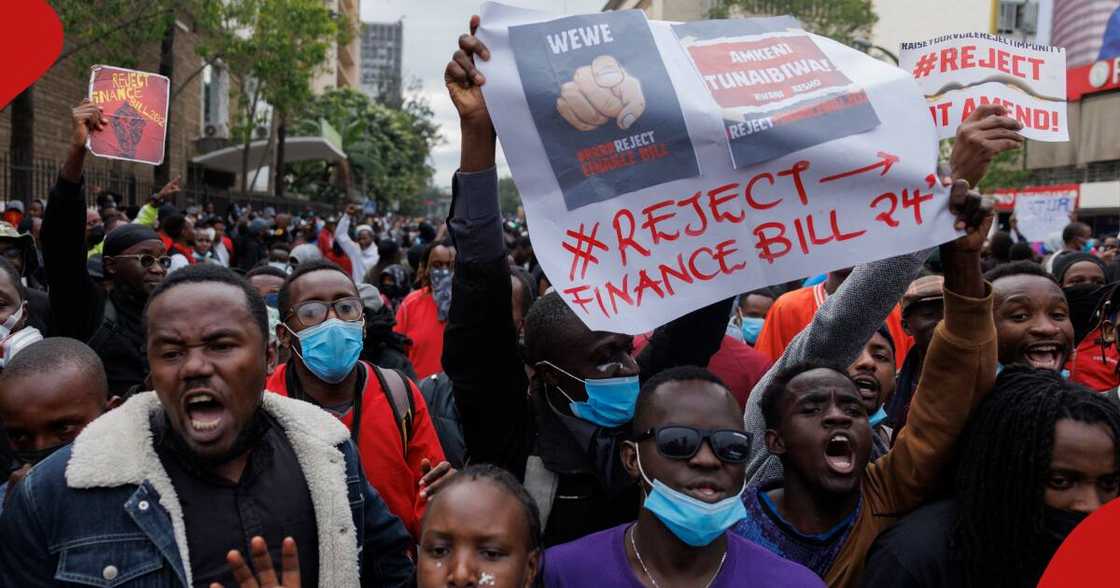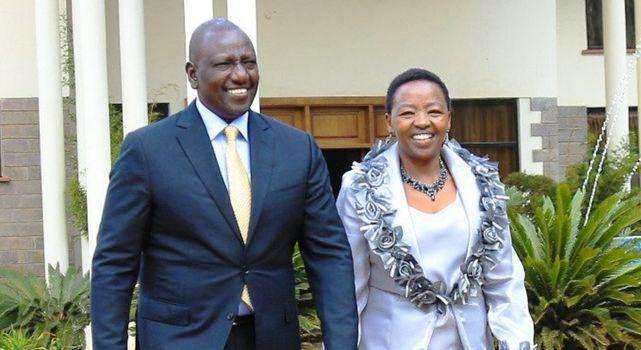By TWV Parliamentary Correspondent
In a significant policy shift aimed at restoring public confidence and averting potential public unrest, the National Assembly’s Finance and Planning Committee has removed several contentious proposals from the Finance Bill 2025. The deletions follow concerns that the bill if passed in its original form, could trigger a resurgence of last year’s Gen Z-led protests that shook the country.
Chaired by Molo MP Kuria Kimani, the committee rejected multiple proposals from the Kenya Revenue Authority (KRA) and the National Treasury, citing constitutional violations, economic risks, and the need to maintain social stability.
In a significant decision, MPs rejected a KRA proposal seeking unrestricted access to personal data under the guise of tax compliance. The committee ruled that the proposal blatantly violated Article 31 of the Constitution, which protects the right to privacy.
“This provision would have allowed KRA to intrude on personal communications and financial records without judicial oversight. Such a move is unconstitutional and erodes public trust in state institutions,” the committee’s report stated.
Proposals to overhaul Pay-As-You-Earn (PAYE) tax bands, including allowing the Cabinet Secretary to adjust rates every three years for inflation, were shelved. Legislators warned that the changes could create fiscal unpredictability and disproportionately affect low- and middle-income earners.
Similarly, the Treasury’s plan to eliminate the 15 per cent corporate tax incentive for local vehicle assemblers and large-scale housing developers was blocked. The committee emphasised the need to maintain policy consistency and encourage domestic investment.
In a win for local manufacturers and climate-conscious stakeholders, the committee retained the zero-rated status of essential goods, including locally assembled mobile phones, motorcycles, electric bicycles, electric buses, solar batteries, animal feed inputs, and bioethanol stoves. The Treasury’s proposal to reclassify these as tax-exempt, which could have raised consumer prices and slowed green energy adoption, was rejected.
Despite these rejections, the committee approved several reforms to enhance revenue collection without burdening ordinary Kenyans. These include a full exemption of pension payouts, whether lump sum or periodic, from income tax, providing clarity and relief to retirees. The KSh 500 excise duty per litre on Extra Neutral Alcohol (ENA) was retained to protect spirit manufacturers from further financial strain.
A revised definition of the Significant Economic Presence Tax (SEPT) was approved, broadening its scope to capture revenue from websites and electronic networks. However, MPs discarded a proposed KSh 5 million revenue threshold, calling it a loophole for digital tax evasion.
The committee also endorsed the Minimum Top-Up Tax for multinational corporations, aligning Kenya with global efforts to curb corporate tax avoidance. A new withholding tax targeting payments to non-resident shipowners was approved to ensure foreign operators contribute fairly to the Kenyan tax net.
“The committee’s approach reflects a careful balancing act,” said a source close to the deliberations. “While we’re committed to broadening the tax base, it must be done lawfully, predictably, and without triggering economic or social upheaval.”
In its report, the committee emphasised the importance of predictability and fairness in tax policy, particularly in a fragile economy. It noted that safeguarding constitutional rights while advancing revenue goals would foster long-term investment and shield the country from instability.
The revised Bill now faces intense scrutiny from MPs, civil society, and the public as it proceeds to plenary for debate. With memories of last year’s youth-led protests still fresh, the government appears determined to avoid missteps that could ignite another wave of demonstrations.
It remains to be seen whether the revised Bill will calm public sentiment or merely delay an inevitable showdown. One thing, however, is clear: Kenya’s youth have reshaped the political equation, and Parliament is beginning to listen.





